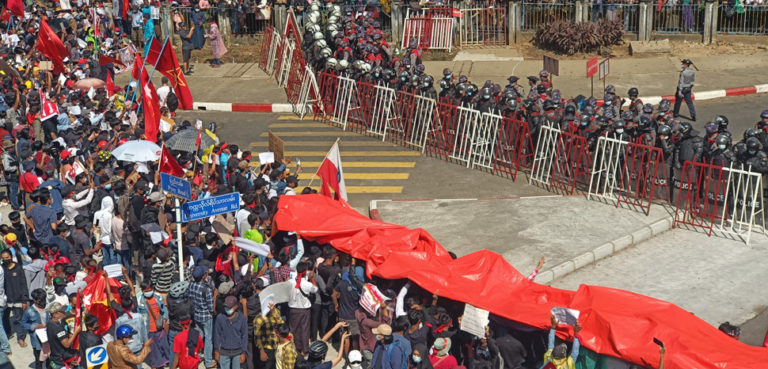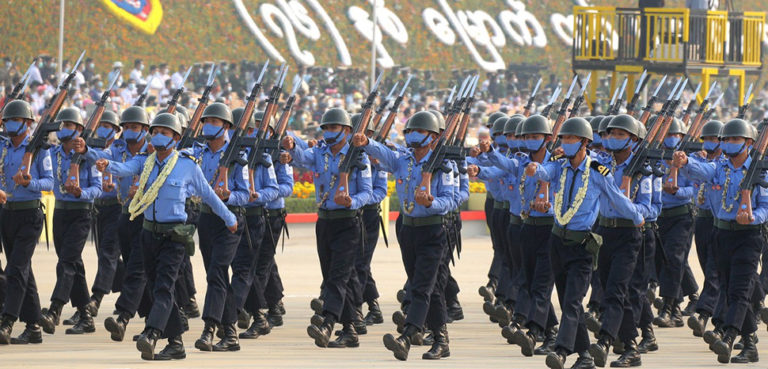The 2021 coup in Myanmar (Burma) that toppled the popular, democratically elected government of Aung San Suu Kyi made international headlines. Unfortunately, as news cycles shifted, global attention waned, leaving many unaware that the fighting actually predates this coup, continues today, and is among the world’s oldest ongoing conflicts, lasting over 75 years. In this latest phase of the Myanmar civil war, the national economy and currency have nearly collapsed, with most of the fighting occurring in ethnic minority regions outside the major cities. Yet there is evidence to suggest that this latest, post-2021 phase of the conflict represents an entirely different beast than those that preceded it, and a far more existential threat to the Tatmadaw than what it has previously faced.
A New Phase in the Myanmar Civil War
Years of war have given rise to a widespread humanitarian crisis, with 2.6 million internally displaced people (IDPs), about one million Rohingya refugees in Bangladesh, and up to two million people from the Shan, Karen, and other ethnic groups living in Thailand, often without visas or UN protection. The displacement of rural populations and the government’s bombing of civilian targets have left vast agricultural lands uncultivated. As a result, food is scarce and expensive, even in the cities.
International sanctions and the fallout from the fighting have caused foreign direct investment to plummet. Most companies have closed, jobs are scarce, and those that exist pay wages in local currency worth pennies on the dollar. A recent draconian conscription law has pushed educated city dwellers to flee the country, but the junta is making it increasingly difficult. Military-age men (18-35) and women (18-27) are being prevented from boarding flights and have even been forcibly conscripted while applying for passports.
The road to this stage of the Myanmar civil war has been long and brutal. In a Zoom interview from a military base in the jungles of Karen State (Kayin State), Saw Taw Nee, Head of Foreign Affairs for the Karen National Union (KNU), one of the largest ethnic armed organizations (EAOs) fighting for democracy, explained, “the military dictatorship started in 1962. I was born in 1964.” Like 90% of Burmese, he was born into a war that has lasted longer than his lifetime.




